Denver residents will soon vote on Initiated Ordinance 309, a landmark ballot measure that would ban commercial slaughter operations within city limits. The initiative would close the city's last remaining slaughterhouse, which has found itself in hot water for numerous regulatory violations and faces public scrutiny as Denver decides their fate through a vote.
DENVER, Nov. 1, 2024 /PRNewswire-PRWeb/ -- The has pitted a corporation with annual revenues exceeding $250 million against a volunteer-powered organization. It is now at the center of the , with nearly . But ultimately, it will be up to Denver voters to decide whether the facility should be shut down.
The Denver slaughterhouse, owned by California-based Superior Farms, has earned unwanted attention in recent months with unearthed public records and recent investigations revealing numerous legal and regulatory violations:
- documented violations of federal Humane Methods of Slaughter Act and halal protocols, prompting legal experts at the University of Denver's Animal Activist Legal Defense Project to call for criminal charges in a letter to the DA
- show spanning four years, with the facility recently incurring a nearly due to improper handling of hazardous chemicals on-site
- Freedom of Information Act records obtained by Civil Eats found over at the Denver facility since 2019. They have been in the last decade
- in 2021 alleging racial and religious discrimination after Muslim workers were repeatedly subjected to racial slurs. The suit alleges they were fired for refusing to fraudulently certify meat as halal
Temple Grandin, a paid consultant for the factory farming industry, . Contrary to an analysis by legal experts, she acknowledges instances of mishandling while . Chris Carraway, an attorney with the at the University of Denver, says Grandin's stamp of approval on the footage raises a more fundamental point, remarking that "If videos of beating sheep, neglecting obvious injuries, hanging sheep upside down and slitting their throats are 'normal', then that is an indictment on industrial slaughter in and of itself."
The slaughterhouse sits alongside the South Platte River in Denver's Globeville neighborhood, a primarily Latino neighborhood with . Here, residents face of industrial pollution, bearing the designation of the . Several spokespeople for Superior Farms have stated the company , addressing concerns about the operation simply moving elsewhere.
Opponents of the measure have argued the facility's closure would put 164 workers out of their jobs, mostly Spanish-speaking immigrants. But have against the treatment of workers at the facility, and describe long hours, low pay, and unsafe working conditions.
"This isn't just about ending commercial slaughter in our city, it's about starting a movement toward a more humane, sustainable, and just food system," said Olivia Hammond, a spokesperson for , the organization behind Ordinance 309. The slaughterhouse measure includes provisions to support affected workers through , funded by the city's .
If passed, Denver would become one of the first major U.S. cities to ban commercial slaughter operations, potentially creating a blueprint for other municipalities to follow.
Media Contact
Olivia Hammond, Pro-Animal Future, 1 (860)392-8043, [email protected], proanimal.org
SOURCE Pro-Animal Future









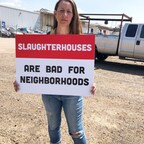

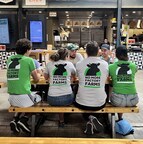




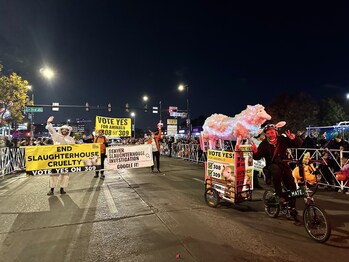
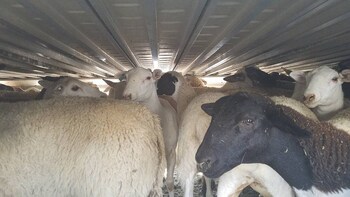
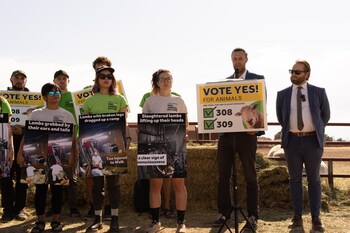
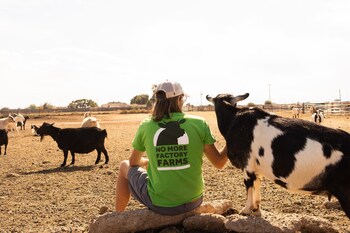
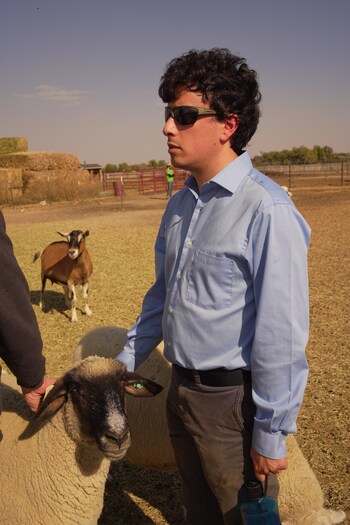
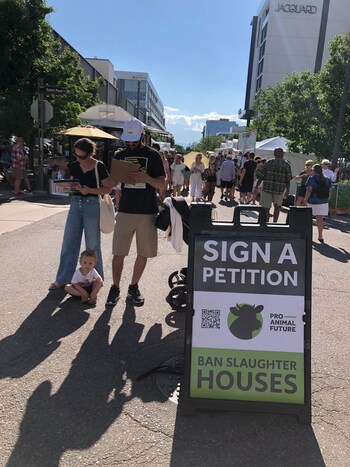

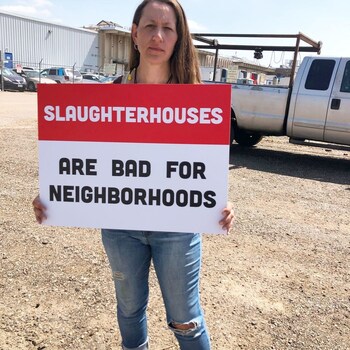

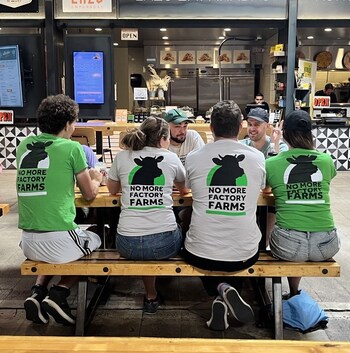

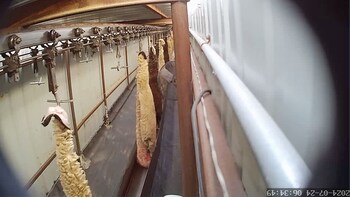

Share this article